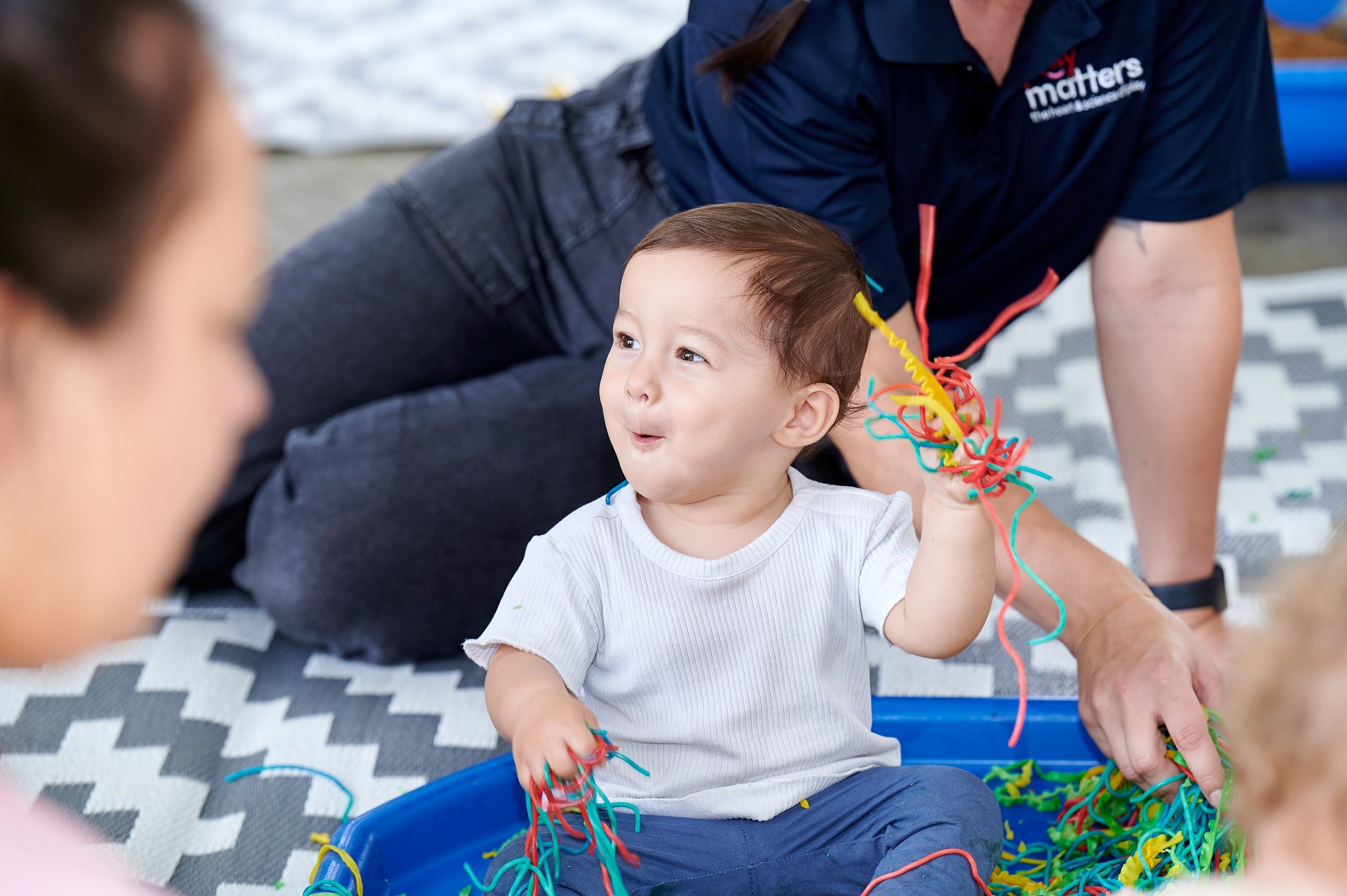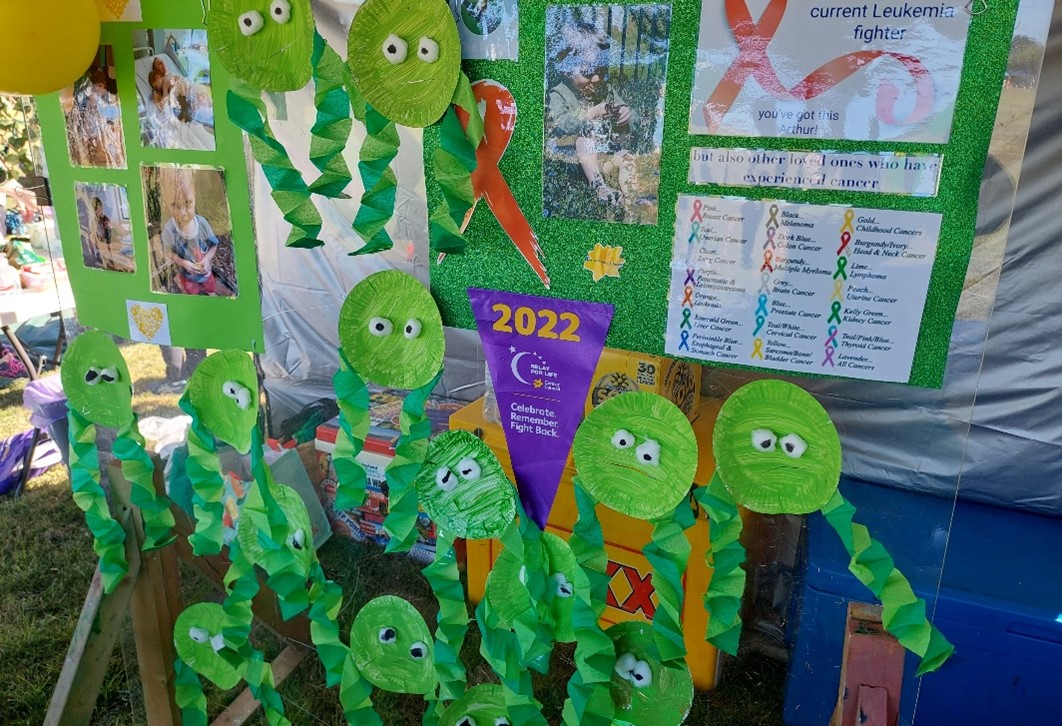Early childhood theories, research, and practice depict children as active constructors of meaning with voices to be heard. Framed by this knowledge, various frameworks and standards mandate that the voice and agency of children be heard and respected.
The Early Years Learning Framework for Australia (EYLF)
- Learning Outcome 2: “Children are connected with and contribute to their world.”
- Learning Outcome 2.1: “Children develop a sense of belonging to groups and communities and an understanding of the reciprocal rights and responsibilities necessary for active community participation.”
The National Quality Standards in Early Childhood Education and Care (NQS)
- Quality Area 1: “Educational program and practice are stimulating and engaging and enhance children’s learning and development.”
- Element 1.2.2: “Educators respond to children’s ideas and play and extend children’s learning through open-ended questions, interactions, and feedback.”
- Element 1.2.3: “Each child’s agency is promoted, enabling them to make choices and decisions that influence events in their world.”
- Quality Area 5: “Relationships with children are responsive, respectful and promote children’s sense of security and belonging.”
- Element 5.1.2: “The dignity and rights of every child are maintained.”
Early Childhood Australia’s Code of Ethics (ECA)
- “Create and maintain safe, healthy, inclusive environments that support children’s agency and enhance their learning.”
- “Respect children as capable learners by including their perspectives in teaching, learning, and assessment.”
The United Nations Convention on the Rights of the Child (UN)
- Article 12: “When adults are making decisions that affect children, children have the right to say what they think should happen and have their opinions taken into account.”

The challenge for educators and other professionals working in the early years is capturing the voices of young children, particularly babies and toddlers who can’t yet verbalise their thoughts and feelings the way older children can. Here are five simple ways to support the agency of young children:
- Flexible and Responsive Routines
Though maintaining predictable routines is important for children to feel safe and secure, ensuring there is room for flexibility allows responsiveness to children’s interests. For example, if a child is engaged in a valuable and enjoyable play experience but it’s time to transition to a new activity, in most cases it is far more beneficial to support their engagement in play rather than sticking to a strict schedule.
- Age-Appropriate Risk and Challenge
Taking risks in a safe environment encourages children to develop reasoning skills and judgement of their own capabilities. This could look like crawling across a balance beam, climbing a tree, or riding their bike down a hill.
- Open-Ended Materials
Incorporate resources that don’t have any directions or designated purpose and can be used by children to create entirely new experiences. These materials can be found in nature (e.g., bark, twigs, and pebbles) or recycled items from around the home (e.g., egg cartons, plastic bottles, and cardboard rolls).
- Provision of Choices
Give children two or three options to select from when it comes to their clothing, snacks, and activities and encourage them to point to or grasp their choice.
- Meaningful Observations
Be attuned to children’s actions, expressions, and behaviours to learn how they play and explore. Though they may not tell you in words what they do and don’t like, children certainly show you!







